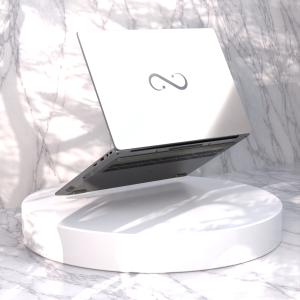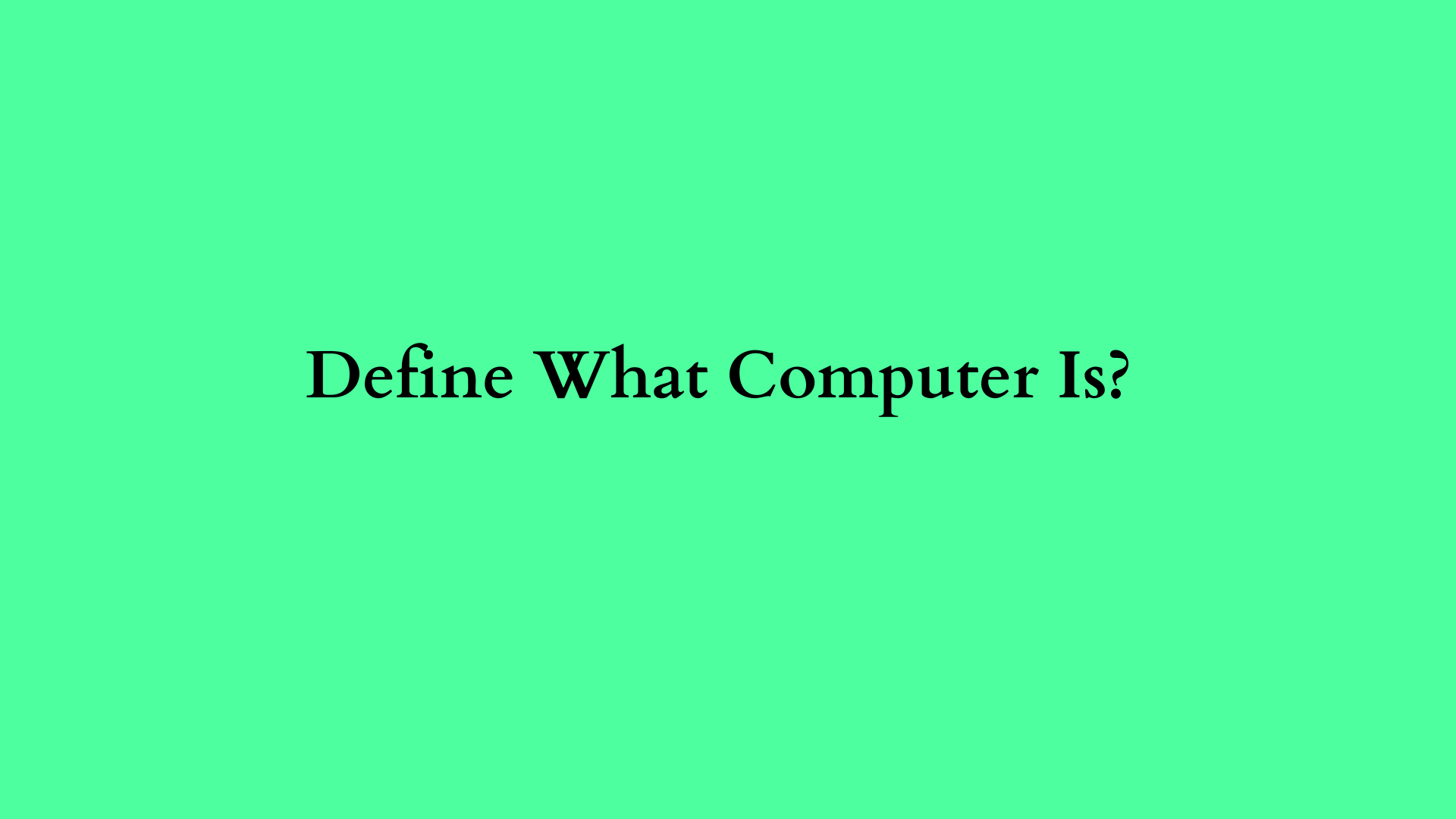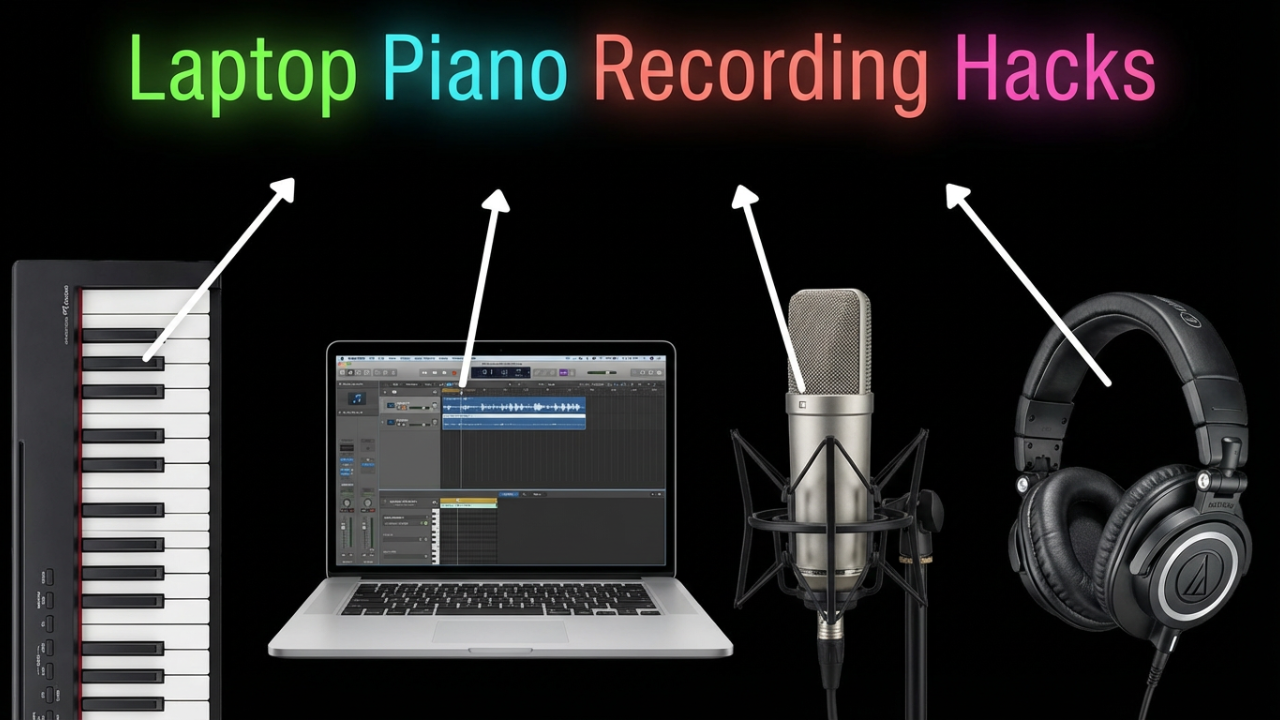Unlocking the Magic: What is a Computer?
In the bustling world we live in, where technology whirls around us like autumn leaves in a brisk wind, one marvel stands tall and indispensable: the computer! Whether we’re using it to connect with loved ones, create mesmerizing art, crunch numbers for business, or explore the vastness of the internet, understanding what a computer truly is can transform the way we interact with this magnificent tool. So, grab a comfy seat, a warm beverage, and let’s embark on an exciting journey to define what a computer is!

The Essence of a Computer
At its core, a computer is an advanced technological device designed to carry out sequences of arithmetic or logical operations automatically. But hold on, it’s so much more than just a box of wires and silicon! The magical essence of a computer lies in its ability to process information, solve complex problems, and even learn from the data it receives. Imagine having a brain that doesn’t just memorize but can also analyze, predict, and adapt — that’s essentially what a computer does!
A Peek Under the Hood: Understanding Components
To fully grasp what makes a computer tick, let’s delve into the key components that come together to create this technological wonder:
- Central Processing Unit (CPU): Often referred to as the “brain” of the computer, the CPU is where all the magic happens. It processes instructions, performs calculations, and orchestrates the tasks assigned to the computer. When you click on an application or run a program, the CPU jumps into action!
- Memory (RAM): Picture RAM as the short-term memory of the computer. It temporarily holds data and instructions that the CPU needs while performing tasks. The more RAM your computer has, the more data it can handle simultaneously, leading to faster performance!
- Storage: This is where your computer keeps its long-term memories! Hard drives (HDD) and solid-state drives (SSD) store everything from your operating system to your cherished photos and documents. HDDs offer larger storage at potentially lower costs, while SSDs provide quicker access times and faster performance.
- Input and Output Devices: These are the gateways through which users interact with the computer. Input devices like keyboards, mice, and scanners allow us to input data, while output devices like monitors and printers convey information back to us. Together, they facilitate a seamless human-computer interaction.
- Motherboard: This is the backbone of the computer — the main circuit board that connects the CPU, memory, storage, and all other components. Think of it as the nervous system, ensuring that information flows smoothly between different parts.
- Software: The unsung hero! While hardware refers to the physical components of a computer, software encompasses all the programs and applications that tell the hardware what to do. From the operating system (like Windows or macOS) to specialized applications (like graphic design software or games), software brings computers to life!
Types of Computers: A Diverse Family
When we talk about computers, it’s worth noting that they come in many shapes and sizes, each tailored to suit different needs. Here’s a quick tour of the diverse family of computers:
- Personal Computers (PCs): These are the most common type, designed for individual use. They come in various forms such as desktops, laptops, and all-in-ones, offering versatility for everyday tasks, from browsing the internet to gaming.
- Workstations: More powerful than typical PCs, workstations are designed for heavy computational tasks and are often used in professional settings like graphic design, engineering, and scientific research.
- Servers: Servers are powerful computers that provide resources, data, services, or programs to other computers, known as clients, over a network. They run continuously and are integral in managing data and hosting websites.
- Tablets and Smartphones: These compact computers bring the power of computing into the palm of your hand! With touch interfaces and powerful processors, they enable us to browse the web, communicate, and create on the go.
- Supercomputers: These are the giants of the computer world! Designed for highly complex calculations, supercomputers are used in fields like climate research, molecular modeling, and cryptography. Their size and processing power are truly awe-inspiring!
- Embedded Systems: Found in everyday appliances (think microwaves, cars, or smart devices), embedded systems are specialized computers designed to perform dedicated functions within a larger mechanical or electrical system.
The Impact of Computers on Our Lives
Now that we have a clearer picture of what a computer is, let’s reflect on its profound impact on our daily lives. Computers have transformed how we work, communicate, learn, and entertain ourselves. They enable us to:
- Connect Instantly: Video calls, social media, and instant messaging have shrunk the world, allowing us to connect with people across the globe in real time.
- Learn and Share Knowledge: Education has been revolutionized by computers. Online courses and resources make learning accessible to everyone, empowering individuals and broadening horizons.
- Drive Innovations: From artificial intelligence to 3D printing, computers are behind some of the most groundbreaking advancements in science, healthcare, and entertainment.
- Simplify Daily Tasks: Whether it’s online shopping, banking, or scheduling appointments, computers have streamlined tasks, saving us time and effort.
- Foster Creativity: Artists, musicians, and writers harness the power of computers to express their creativity. Multimedia software has paved the way for unique and innovative works of art!
The Future of Computing
As we look to the future, the potential of computers seems limitless. With advancements in quantum computing, artificial intelligence, and machine learning, we stand on the brink of an era filled with unimaginable possibilities. Computers will become smarter, faster, and more intuitive, continuing to shape our world in extraordinary ways.
Conclusion
So, what is a computer? It’s not just a bunch of circuits and codes; it’s a gateway to knowledge, creativity, and connection. It embodies human ingenuity and serves as a powerful tool that helps us navigate the complexities of modern life. As we continue to embrace technology, let’s celebrate the incredible journey of computers and the endless opportunities they offer for the future! With every click, swipe, and tap, we are not just using machines; we are engaging with the future. Happy computing!
Shop Now






